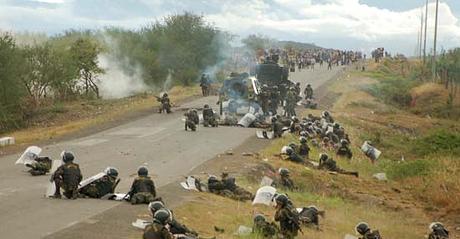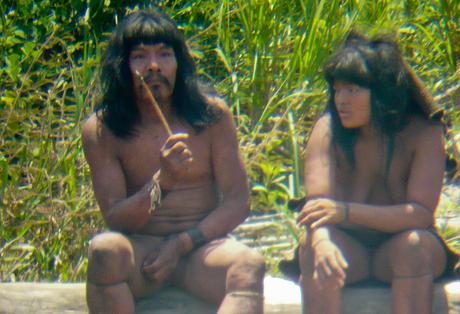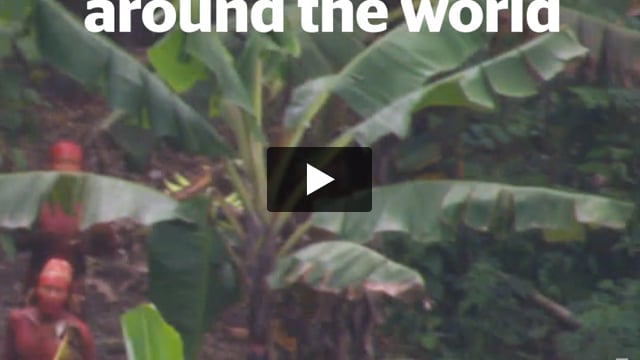100 days after the 'Amazon's Tiananmen', pressure mounts on government
September 10, 2009
 © Thomas Quirynen and Marijke Deleu
© Thomas Quirynen and Marijke DeleuThis page was last updated in 2009 and may contain language which is now outdated.
One hundred days after the ‘Amazon’s Tiananmen’, international pressure on Peru’s government to overhaul its relationship with the country’s Indigenous population is mounting.
Survival, Amnesty International, and the United Nations have all urged the government to gain the consent of Indigenous people before oil, gas or mineral exploration takes place on their land. Until that is guaranteed, ‘the government should not give any more concessions for the exploration and exploitation of natural resources and [should] suspend any concessions already made that could affect Indigenous peoples’ rights,’ an Amnesty statement reads.
In the hundred days since the ‘Amazon’s Tiananmen’, on 5 June, the government has failed to investigate what happened that day, or to halt its persecution of Peru’s Indigenous leaders, three of whom have sought asylum in Nicaragua. The government has also announced plans to auction new oil and gas exploration rights, slated to include large parts of the Amazon, and has given the green light to Anglo-French oil company Perenco to drill for oil on land inhabited by two of the world’s last uncontacted tribes.
These developments have taken place despite a televised admission by President Garcia that his government had failed to consult with the country’s Indigenous population about exploration on their land.
The ‘Amazon’s Tiananmen’ refers to the conflict which took place on 5 June when armed police attacked a peaceful Indigenous protest in Bagua, northern Peru. Violence broke out in several locations in the region, leading to more than thirty policemen and civilians being killed and at least two hundred injured.
Survival’s director, Stephen Corry, said today, ‘Peru’s government must not wait any longer to heed the demands of the country’s Indigenous inhabitants and respect their land rights.’



